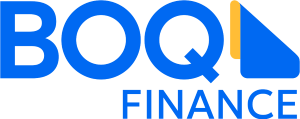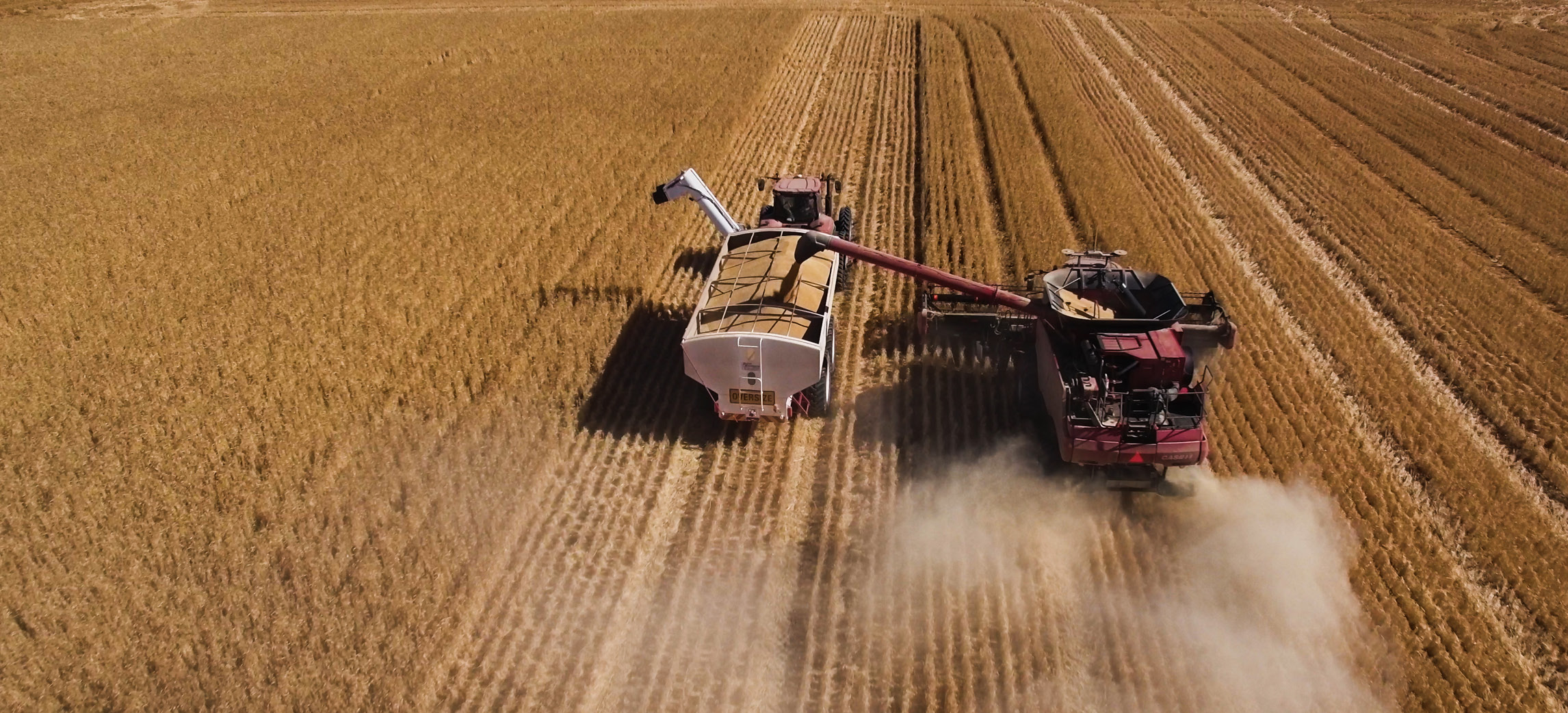
Buying A New Business Vehicle? Here Are Four Ways To Finance It
Business owners have a number of options available to them when they are looking to upgrade their commercial vehicle fleet. As with all business decisions, it pays to be informed about the available finance options. Here are the four main avenues you should consider.
Option 1: Specific Security Agreement
Specific Security Agreements (SSAs) comprise the majority of equipment finance loans. Formerly known as chattel mortgages, SSAs allow businesses to repay their purchases over a set period. The loan is secured by registering a charge over the vehicle, and the lender takes a PMSI (Purchase Money Security Interest). This allows the lender to either reclaim the financed asset or seek repayment in cash in the instance of default.
The benefits of this method of finance include:
- Repayment options that can be tailored to suit your business
- GST included in the cost of the asset may be able to be claimed back by your business
- The asset may be eligible for the Government’s temporary full expensing measures (Instant Asset Write-off)
- Depreciation on the asset (subject to the above point), and interest expenses, may be tax-deductible
- The asset can be sold early if it’s no longer needed
Option 2: Financial lease
In the case of a financial lease, the lender buys the asset and the borrower leases it from them. The borrower can buy the asset at the end of the contract, or trade it in for a newer model, continuing on a new lease agreement.
Beyond flexibility, one of the key benefits is that repayments are fixed over a set term, which allows for easier cash management and budgeting. It’s also noteworthy that repayments may be tax-deductible. You might also be able to claim input tax credits on the charges that attract GST, depending on your business circumstances.
Option 3: Commercial hire-purchase
Commercial hire-purchase agreements involve the hiring of a vehicle from a lessor for a set term. Once the total price of the vehicle plus interest has been repaid, you automatically become the vehicle owner. A hire-purchase differs from a financial lease in several ways:
- A hire-purchase will involve ownership
- The agreement can include a balloon payment
- You will gain equity in the asset over time, meaning it might be possible to recognise the asset and its depreciation on your balance sheet
A tax deduction may also be available on these agreements, including interest expenses and depreciation. Again, the asset may be eligible for the Government’s previously announced temporary full expensing measures – meaning that the full cost of the asset may be deductible in the year in which it is purchased, instead of depreciation over its effective life. It may also be possible to claim an input credit relating to the GST paid during the agreement, depending on your business’ circumstances.
Option 4: Novated lease
Novated leases are a strategy used to support employees to fund their vehicle purchases and motor vehicle expenses through salary sacrifice agreements. An employee enters a vehicle lease agreement and their employer covers the vehicle repayments from the employee’s pre-tax salary. This can be a great way for employees to save on tax and might also allow employees to save on GST payments.
Frequently, novated leases are packaged with ‘service’ plans to cover vehicle maintenance and costs. The cost associated with these plans is added to the lease payment.
Considering your options
Business owners have four key options available to them when deciding how to fund their commercial vehicle fleets. Important factors to consider include a business’ long-term intentions, and its GST/tax position – particularly with regards to eligibility for “up-front” deductibility of assets.
Talking with a broker about which option is right for your business will help ensure you make the best decision for your situation, or speak to one of our Equipment Finance specialists on boqefcustomerservice@boqfinance.com.au to find out more.
Finance provided by BOQ Equipment Finance Limited ABN 78 008 492 582 (BOQEF). BOQEF is a wholly owned subsidiary of Bank of Queensland Limited ABN 32 009 656 740 (BOQ). BOQ does not guarantee or otherwise support the obligations or performance of BOQEF or the products it offers. This blog post is for general information purposes only and is not intended as financial, taxation or professional advice. It has not been prepared with reference to the financial circumstances of any particular person or business and should not be relied on as such. You should seek your own independent financial, legal and taxation advice before making any decision about any action in relation to the material in this article.

